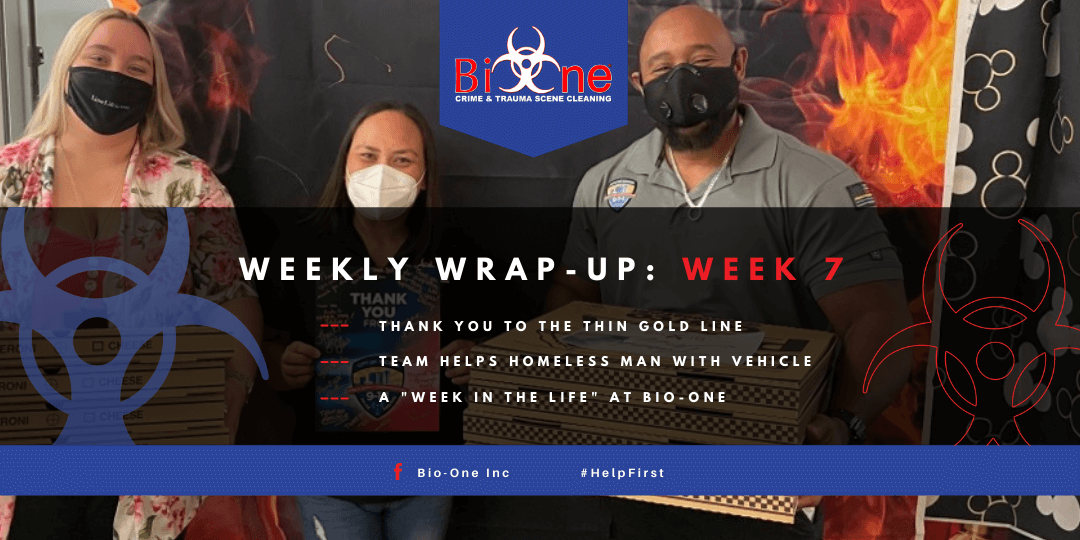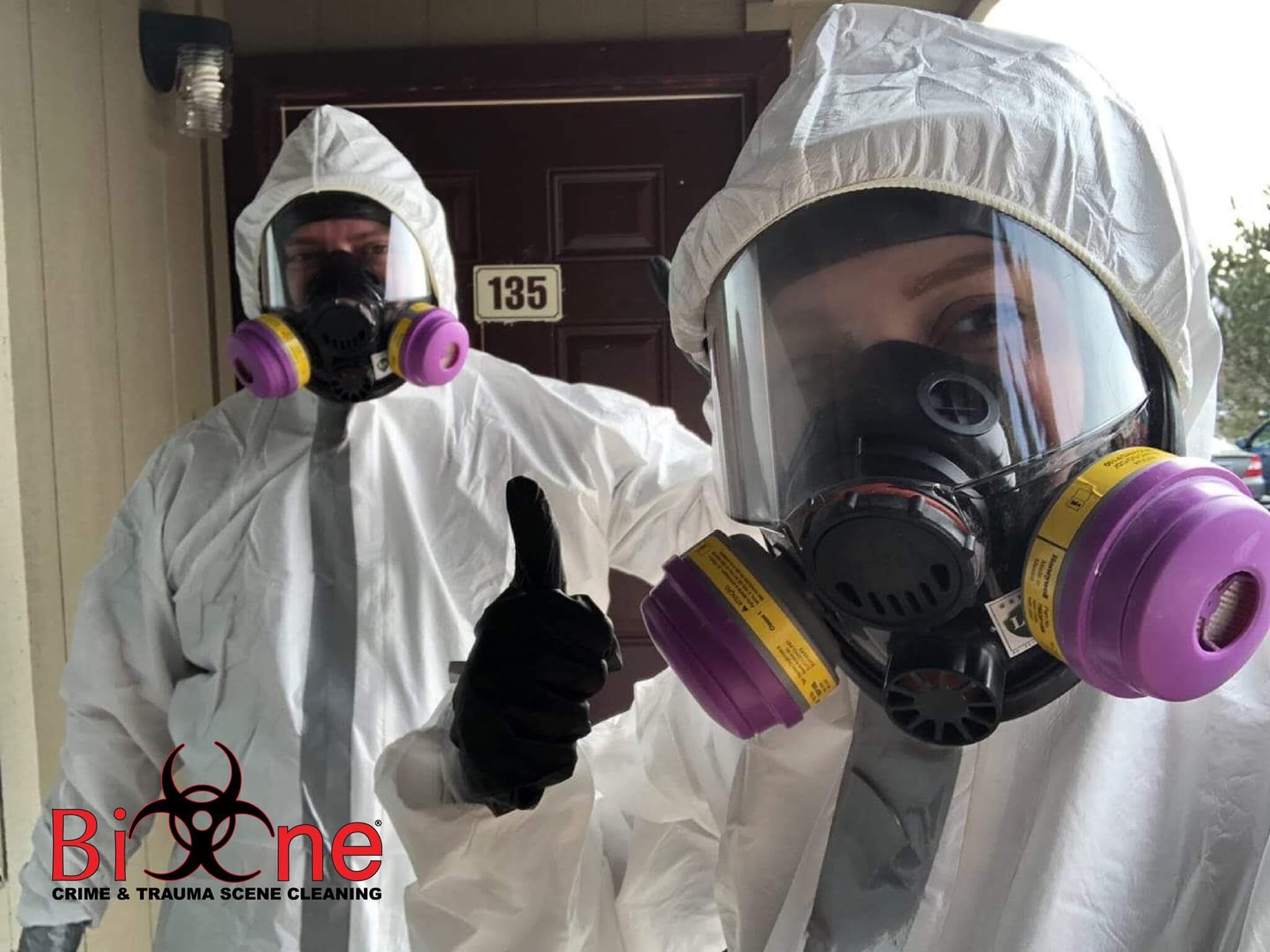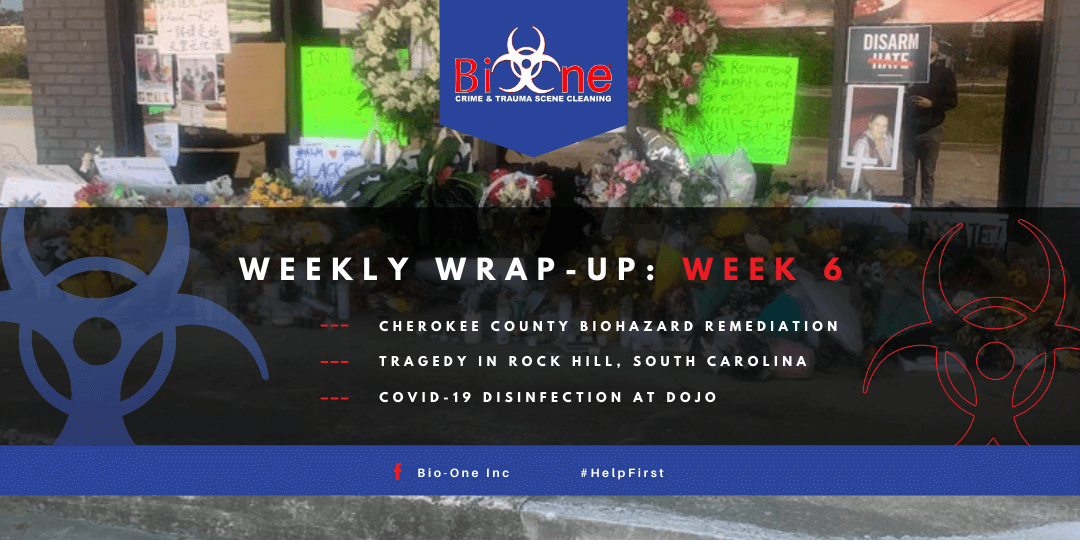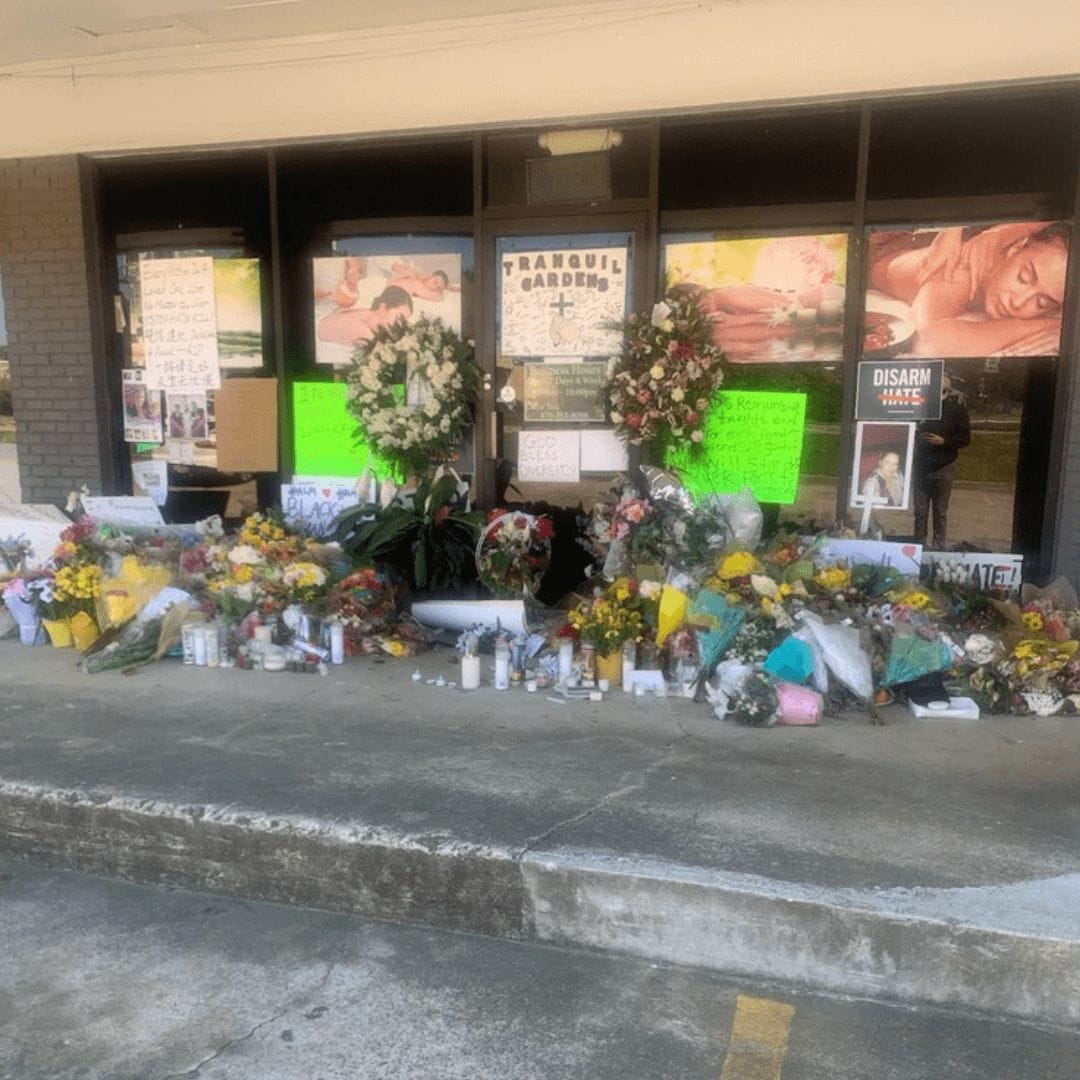
Bio-One teams across the U.S. answer calls to help their communities and remediate a variety of scenes. In our new blog series, we'd like to bring you into the Bio-One world by sharing stories of the unique and important work we do for local communities.
Here is Week 7 of our Bio-One Weekly Wrap-Up.
Thank You to the Thin Gold Line
The second week of April is a time to celebrate and thank telecommunications professionals who dedicate their lives to serving the public. Often called the thin gold line, 911 dispatchers are true heroes behind the scenes.
Coast to coast, Bio-One teams found fun and unique ways to recognize the Thin Gold Line.
Bio-One Helps Homeless Man with Vehicle Clean Up
This week, News San Diego reported "Homeless man's story inspires San Diego mom to enlist community's help", featuring Rene Flohr and Nicki Chipp-Flohr, owners of Bio-One. The Bio-One duo spotted a NextDoor post asking for anyone who could help 79 year-old, Les, who had been living out of his vehicle and was recently diagnosed with skin cancer. His vehicle was floor to ceiling full of items, and Bio-One was ready to help clean and disinfect the vehicle so it could be sold or donated.
In a message to Bio-One owners, Nicki said, "I am very proud of what we are doing to help someone. I thought you’d all appreciate it, since we live the Bio-One motto of #helpfirstbusinesssecond." We couldn't agree more!
Read the entire story on News San Diego.
A "Week in the Life" at Bio-One
The Bio-One team in Tuscon, AZ had a busy week with work ranging from COVID-19 disinfections, mold remediations, bird dropping clean up, medical waste disposal, suicide remediation, and more.
If you've ever wondered what it takes to be a crime and trauma scene cleaner, we recommend read through the Tuscon team's Weekly Wrap-Up!


Bio-One teams across the U.S. answer calls to help their communities and remediate a variety of scenes. In our new blog series, we'd like to bring you into the Bio-One world by sharing stories of the unique and important work we do for local communities.
Here is Week 6 of our Bio-One Weekly Wrap-Up.
Cherokee County Biohazard Remediation
Lives in the Atlanta area were forever altered on Tuesday, March 16, 2021 after a shooting spree at three metro Atlanta spas left eight people, including six Asian women, dead within the span of 45 minutes.
Our hearts and sympathies are with everyone impacted by this tragedy.
Two weeks after the tragic events in Atlanta took place, Bio-One answered the call to remediate the spa in Cherokee County. Led by Michele O'Brien and Rebecca Phillips, the Bio-One team provided a quick response and thorough decontamination. Read more in our recent blog post.

Tragedy in Rock Hill, South Carolina
As details from the tragedy in Rock Hill, South Carolina unfold, one Bio-One team paid special tribute to the victims, first responders and other local law enforcement officials. Bio-One owners, John and Jen Symons, live in Rock Hill and experienced the police response first-hand. "It's a tight-knit community. We just can't believe it," said Jen Symons.
Their team is currently in communication with local law enforcement, and activity supporting neighbors through this difficult time.
COVID-19 Disinfection at Dojo
This week, we're spotlighting the Atlantic City team where they are regularly disinfecting Ganguly's Mixed Martial Arts. According to Bio-One owner, Victor Russomanno, "We are contracted with a local martial arts studio to disinfect them weekly. In addition to their in-house protocol, we use an electrostatic sprayer to ensure maximum coverage and protection, to ensure those who are training are staying safe through our efforts."
Across the United States, Bio-One teams actively disinfect local businesses, government buildings, and residents in the fight against coronavirus. Learn more about our COVID-19 disinfection process.

Lives in the Atlanta area were forever altered on Tuesday, March 16, 2021 after a shooting spree at three metro Atlanta spas left eight people, including six Asian women, dead within the span of 45 minutes.
Our hearts and sympathies are with everyone impacted by this tragedy.
We sincerely hope businesses never experience these types of events, because that means it’s the worst day of their lives. However, Bio-One teams are ready 24/7 in the event biohazard remediation services are needed.
Two weeks after the tragic events in Atlanta took place, Bio-One answered the call to remediate the spa in Cherokee County. Led by Michele O'Brien and Rebecca Phillips, the Bio-One team provided a quick response and thorough decontamination.
“When we walked into the spa, it was like time stopped,” said Phillips. “Things were there just like a normal day and then chaos happened. It was a heavy feeling, and we appreciate the opportunity to help.”
Previously, Bio-One has been trusted to remediate several mass shooting tragedies including Las Vegas at Mandalay Bay, Pulse Nightclub, the San Bernardino schools and Sandy Hook.